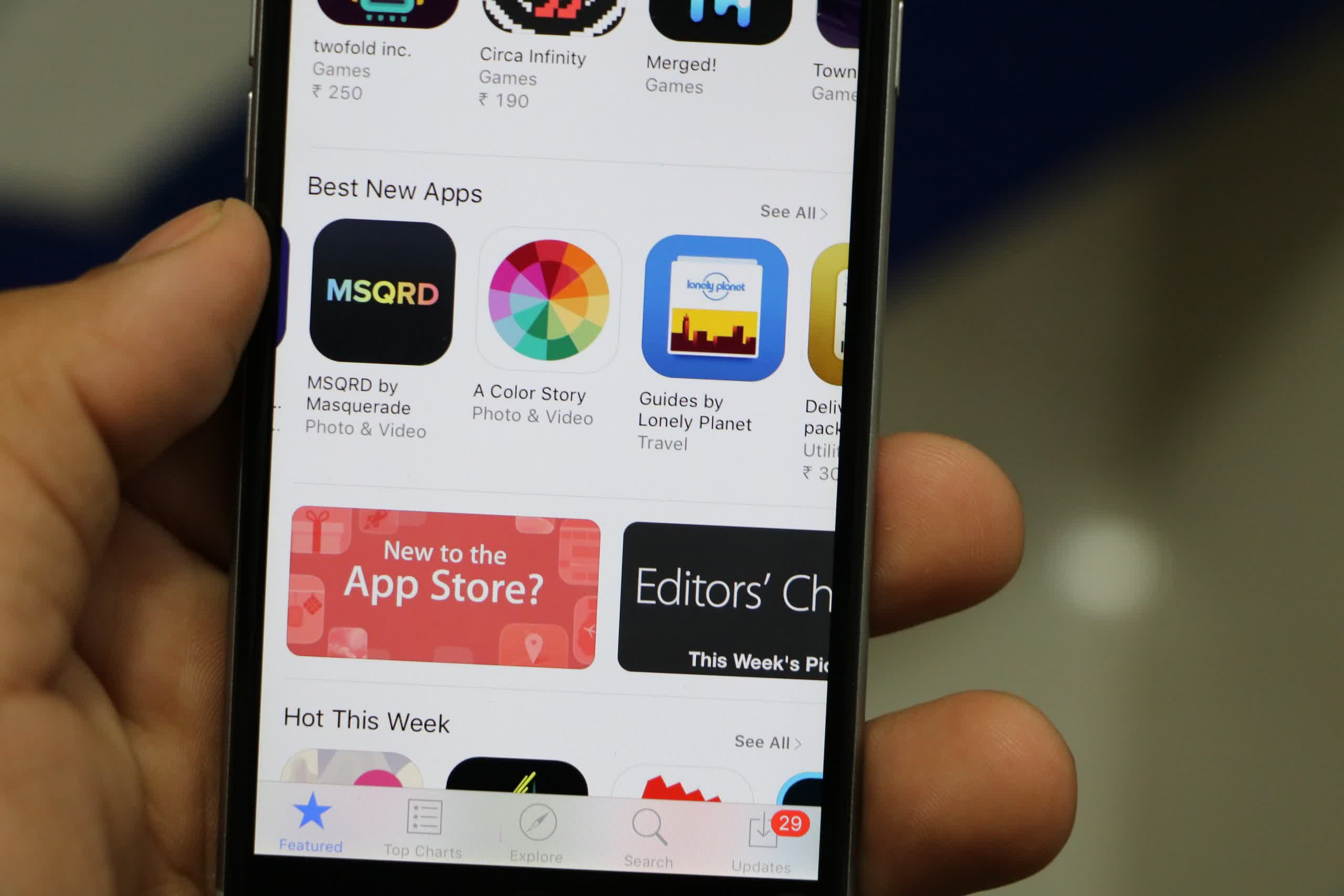In a nutshell: Epic Games has been embroiled in an antitrust battle with Apple for a year over its tight control of developers making software for the App Store. Some of the very issues Epic is fighting for are at the heart of legislation that was just introduced in the US Congress.
On Wednesday, the US Senate introduced a bill called the Open App Markets Act. The proposed legislation looks to protect competition and harden consumer protections as they apply to the app market. Senator Richard Blumenthal's press release specifically called out Apple's and Google's dominant position in the mobile app sector.
"Two companies, Google and Apple, have gatekeeper control of the two dominant mobile operating systems and their app stores that allow them to exclusively dictate the terms of the app market, inhibiting competition and restricting consumer choice," reads the summary.
Backed by Blumenthal and colleagues Senator Marsha Blackburn of Tennessee and Senator Amy Klobuchar of Minnesota, the bipartisan bill includes a provision prohibiting app store owners from forcing developers to use their platform's payment system. This protection is a harsh blow to Apple and Google, which both require developers to use their payment systems within their apps. This issue is also at the core of the Epic v. Apple antitrust lawsuit.

The law would also prevent platform owners from restricting consumers from sideloading software onto their devices. Despite its generic language, this clause is almost certainly aimed at Apple as it is opposed to users downloading software off-platform.
Developers will also have the right to inform users of lower competitive pricing, which Apple forbids in its developer terms of service agreement. For example, according to Apple's ToS, developers are welcome to have an off-platform store. However, they cannot link to or promote that store within the iOS app. This prohibition was another of Epic's main arguments in its battle with Apple.
The Open App Markets Act still has a long road ahead of it. Since it is a Senate bill, it will be debated there and then sent to the House of Representatives for a vote. If the House approves it, it goes back to the Senate for another vote. The President will either sign or veto if the bill makes it through Congress. Meanwhile, lobbyists both for and against the proposal will try to sway lawmakers to their side. So it might still be quite some time before we see it passed, if at all.
Image credit: Lorie Shaull
